BEFORE YOU READ: April is sexual assault awareness month. The goal with this article is to educate and enable those to speak up, to help rather than cause any harm. If you believe you or someone you love has been sexually assaulted then please reach out. Do not be afraid to start the conversation and spread awareness. This article might make you feel triggered, if you feel like this might trigger you feel free to stop reading now.
Sexual assault is a disease that plagues America’s youth today. While many people think they have a basic concept of what sexual assault is, this topic is incredibly complex and affects everybody. It’s easy to blur the lines as to what is and isn’t assault.
Here’s what you need to know to help stop the stigma.
What is consent?
According to RAINN (Rape, Abuse, & Incest National Network), consent is an agreement between participants to engage in sexual activity. Consent should be incorporated into our everyday lives, regardless of whether we’re asking for a hug or a high-five. We all have our personal boundaries, and we don’t know what is and isn’t okay until we ask. Before engaging in any intimate activity — even a kiss — ask for consent. You do not know what that other person is thinking, and it’s best to ask instead of making them feel uncomfortable.
What defines sexual assault?
When most people think of sexual assault they think of a violent attack in a dark alleyway, or something similar. Sexual assault is the act in which one sexually violates another persons consent. Sexual assault comes in all different shapes & forms. Sexual assault doesn’t have a preference, whether you have been assaulted by your significant other or a good friend or even sometimes your family. Sexual assault is any unwanted sexual touch. Sometimes it can be someone groping you in the hallway, or sometimes it’s being guilt tripped to perform a sexual act with someone.
Common Misconceptions
There are quite a few common misconceptions about sexual assault. These misconceptions can often prevent people from coming out about their experience. Here are a few of the most common seen today.
- You can not be assaulted by a partner: Sexual assault can be done by anyone in your life. This includes intimate partners. Even if you have had intimate interactions with someone before, they still need your consent for the next intimate interaction. 33% of rapes are committed by a current or former partner. Only 19.5% rapes are committed by a stranger. You can be assaulted by anyone, but it’s more likely to be perpetrated by someone close to you.
- You have to be female: 1 out every 10 men has been a victim of rape or attempted rape. Just because most sexual assaults happen to women does not mean men can’t be targeted. Men get sexually assaulted as well.
- You can’t change your mind: When we give consent, we can also take it back. During an intimate moment, you can feel scared or nervous and you are allowed to say, “No, I don’t think I want this.” It’s then your partner’s job to respect the fact that you’ve changed your mind and stop. Do not feel bad for changing your mind. You have every right to say no.
- It has be rape for it to be validated: Sexual assault can also be being groped without consent. Unwanted sexual touch is sexual assault.
Who can you talk to if you’ve been sexually assaulted? Your parent(s), your guardians, a trusted adult, a counselor, and anyone who is willing to listen to you. The sexual assault hotline number is 1-800-656-HOPE (4673). You are not alone. Your voice will be heard.




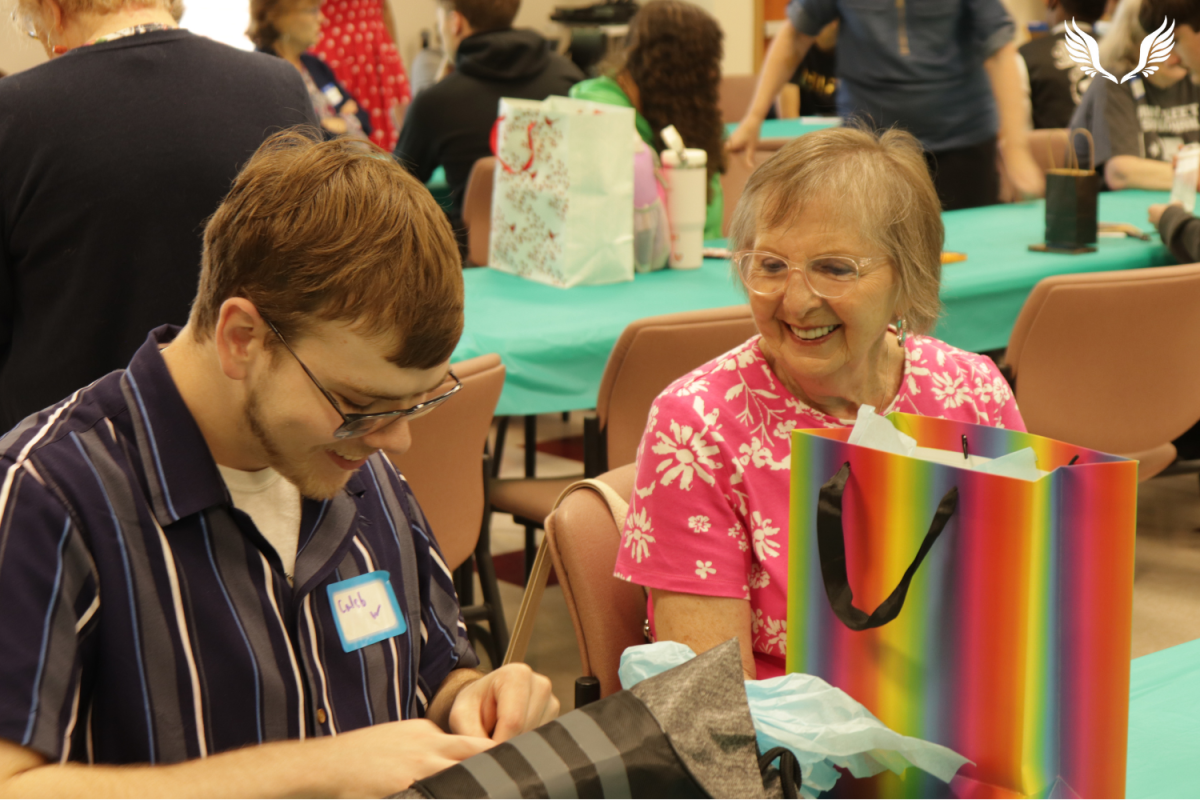




















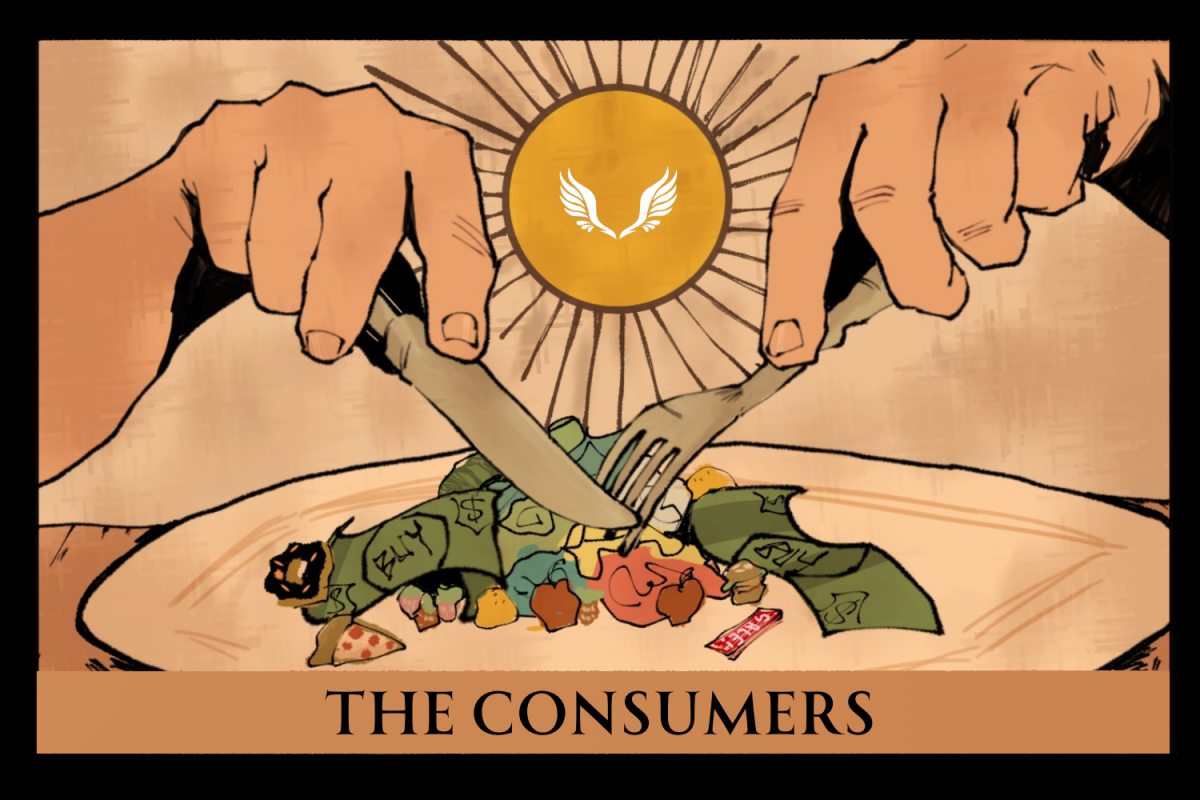




















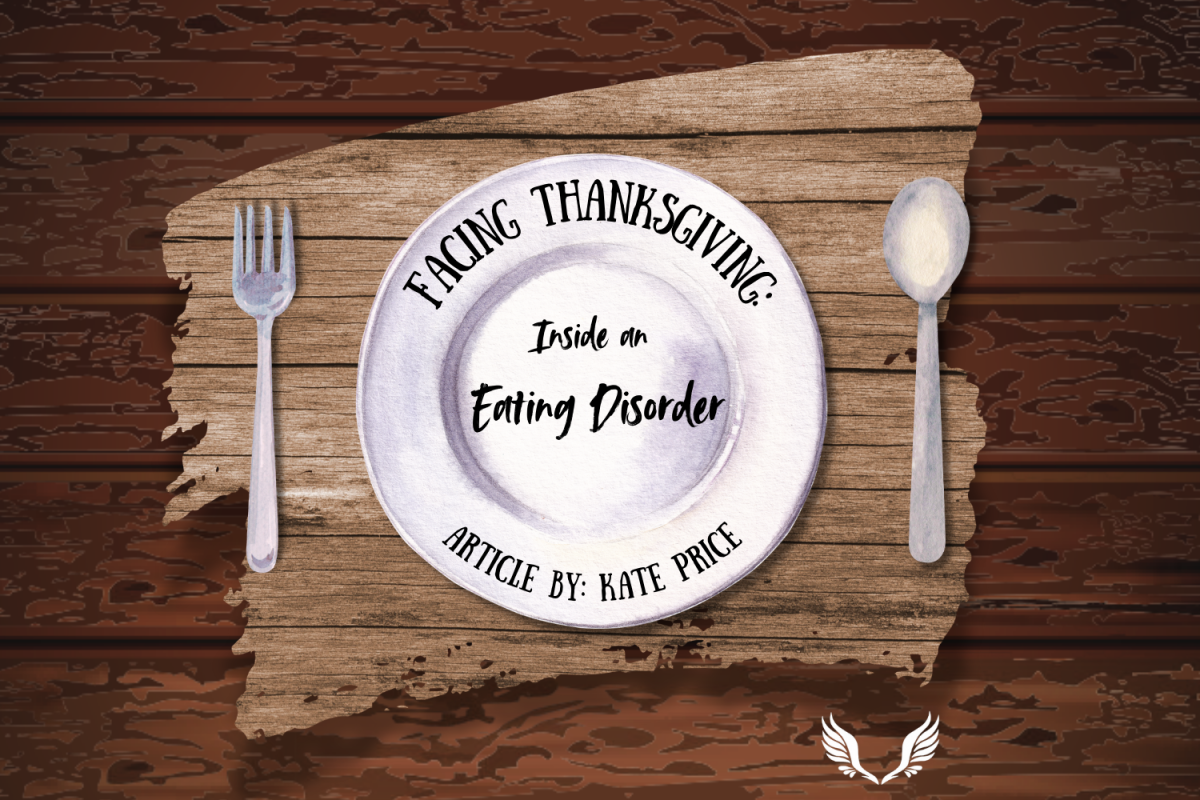









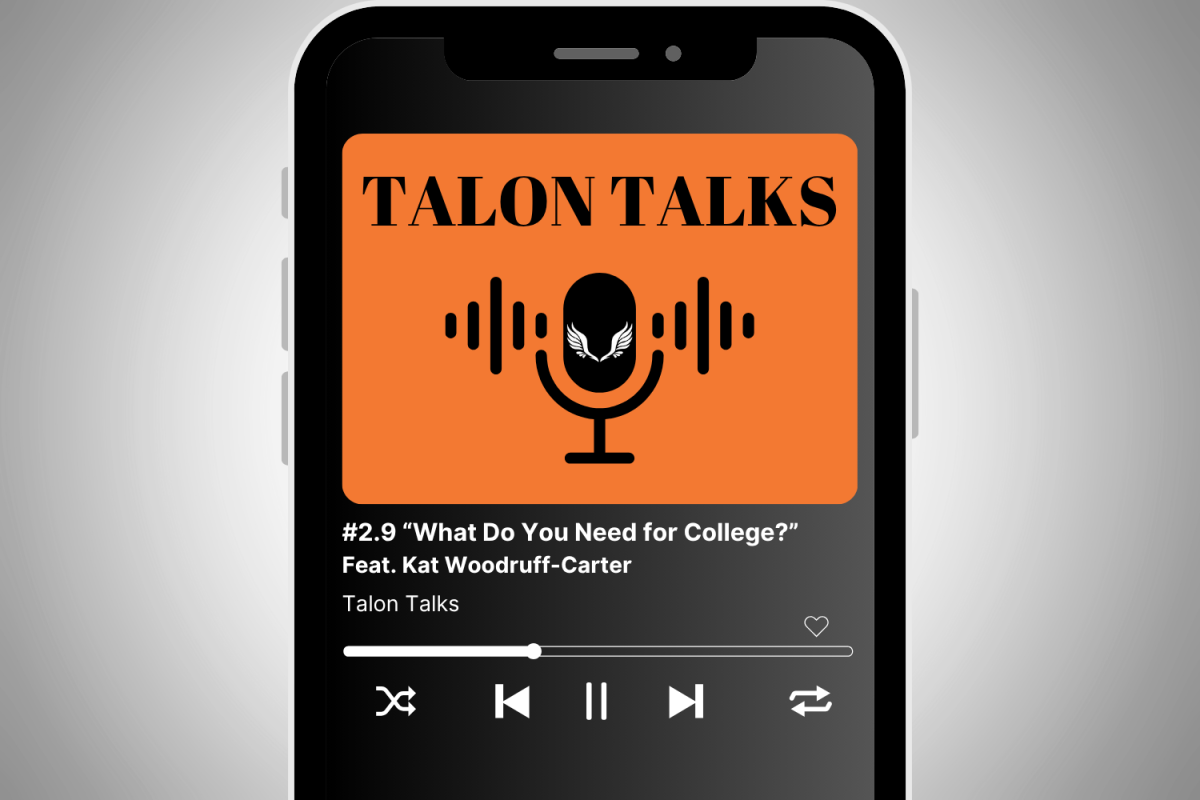


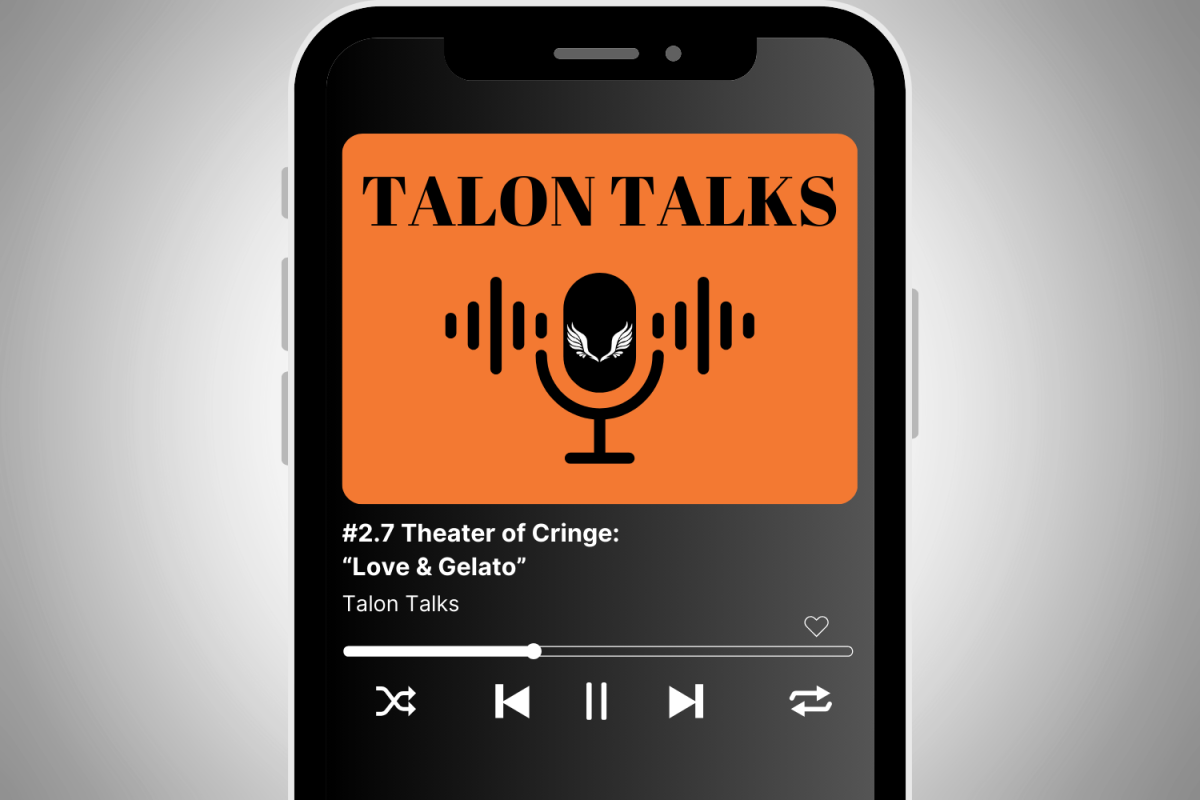


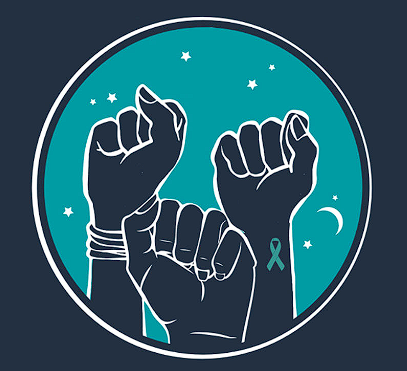



Sean Lane • Apr 26, 2023 at 9:14 pm
Great approach in this article.